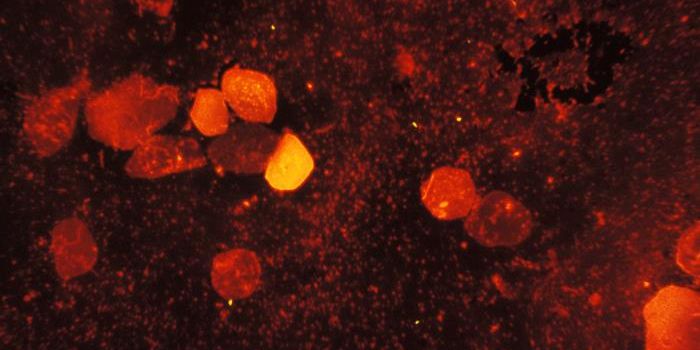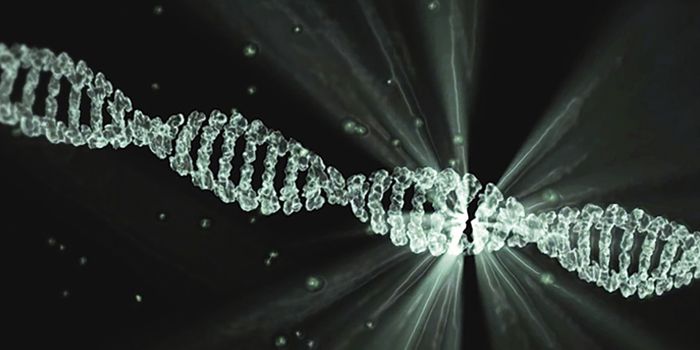Ray of Hope: Rare Cancer Biomarker Discovered
Biliary tract cancer, or BTC, isn’t as talked about as breast or prostate cancers, probably because its incidence is much rarer. BTCs are a group of gastrointestinal tumors including gallbladder cancers whose prevalence is increasing in South America and Asia. In Western countries, only around 1.6 in every 100,000 get diagnosed with the disease, but when they do, the mortality rate is staggeringly high: most patients die within 1 year of starting chemo.
A team of Danish researchers has identified a silver lining for BTC patients — a biomarker that can serve as a barometer for how aggressive the cancer is.
Speaking on the significance of the discovery, Jesper Andersen, one of the scientists leading the study said: "We have found a biomarker that reliably predicts how aggressively a patient’s disease will evolve, which in the future could help doctors in the hospitals make the right decisions about chemotherapy for the benefit of each BTC patient."
The new metric involves quantifying the levels of two inflammatory proteins, interleukin-6 (IL-6) and YKL-40 during the patient’s journey from the initial diagnosis to the initiation of chemotherapy and beyond. Despite being incredibly rare, the researchers managed to obtain over 1500 blood samples from 452 patients diagnosed with advanced BTC. A study of this magnitude is unprecedented in the field and may prove to be transformative in improving BTC patient outcomes in the long run.
The team also uncovered another utility for targeting IL-6 beyond the scope of a diagnostic. In mouse models of BTC, blocking the cellular signaling pathways controlled by IL-6 dramatically improved the reduction in tumor size following chemotherapy.
Source: MedicalXpress, Clinical Cancer Research.









